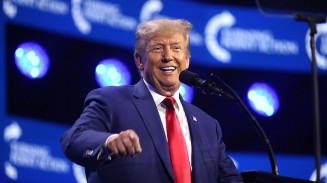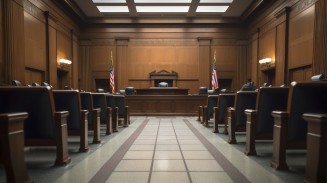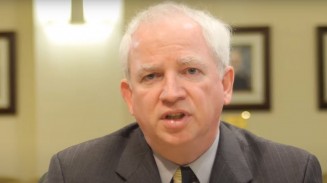The Australian Government will be implementing a law on the 2nd of April, 2016, called the Defence Trade Controls Act, that is meant to restrict export laws regarding goods and technology. But cryptologists and researchers are worried that this new law will be limiting their academic freedom and impede their research potentials.
The Defence Trade Controls Act has a wide scope, but researchers and academics who are performing applied research on military and non-military applications are particularly affected.
After April 2, which marks the end of a one year grace period after it was passed last 2015, academics will have to apply for a permit from Australia's Department of Defence before they can communicate with overseas colleagues in the U.S. or in any other part of the world regarding their work. Heavy fines, penalty, and jail time will be sanctioned to those who will violate this law.
According to the Parliament of Australia, The 2015 amendment of the DTC Act extended the exceptions of the offence of supplying Defense and Strategic Goods List technology without a permit. The Act also narrows the scope of publication and brokering offenses, particularly for dual use goods, researches, and technology. A minister will have to refer to the prescribed criteria when deciding whether an activity would prejudice Australia's security, defence or international relations; and providing for reviews of the operation of the Act.
The Department of Defense of Australia says that The DTC Act, which first received Royal Assent in 2012, was meant to control the transfer of defence and strategic goods technologies and improve Australia's international practice. It was also meant to strengthen Australia's export controls, and prohibit technology and weapons of mass destruction to go into the wrong hands by electronic means.
One microbiologist from the University of Sydney, Jon Iredell, reported in Nature Publishing Group, spoke of the worries in behalf of his colleagues in cryptology, artificial intelligence and microbiology. He said, "I think we're all concerned that because it appears to be a very blunt instrument, there is the potential for it to be used clumsily with potentially serious effects."
Another cryptologist from the University of Melbourne, Vanessa Teague, compared Australia's law regarding university-based applied research in cryptology with the United States, which has no restrictions. When the DTC Act is fully implemented next month, Teague says that communication, collaboration, and research relationships could be affected. The time to process the permits is already a disadvantage for Australian academics.
© 2023 Lawyer Herald All rights reserved. Do not reproduce without permission.
Get the Most Popular Lawyerherald Stories in a Weekly Newsletter





